CPU Machine Check Architecture (MCA) errors dupm can be intimidating, especially when they appear unexpectedly on your Mac, causing reboots, shutdowns, or freezing. This guide dives deep into what these errors mean, why they happen, and how to troubleshoot and resolve them effectively.
A CPU Machine Check Architecture Error Dump is a diagnostic tool that captures and records errors detected by the CPU. It helps identify hardware issues and system crashes, providing essential information for troubleshooting and system stability improvements.
Regardless of your level of experience with technology, this article will provide you with insightful knowledge.
Table of Contents
Introduction to CPU Machine Check Architecture (MCA):
As computer systems become more complex and faster, they are more susceptible to hardware failures. To tackle this, modern CPUs are equipped with a feature called Machine Check Architecture (MCA). MCA plays a pivotal role in identifying, diagnosing, and reporting hardware issues that may otherwise go unnoticed until the system crashes.
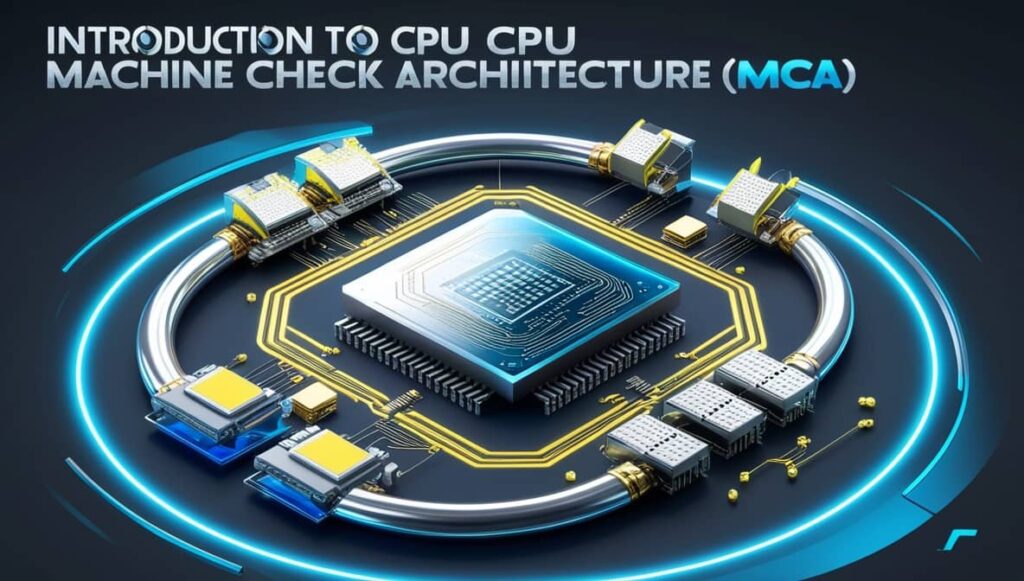
What is MCA?
MCA is a hardware-level mechanism integrated into CPUs. It is designed to detect and report various hardware errors such as memory corruption, internal cache issues, bus errors, and more. When MCA detects an error, it logs it and, depending on the severity, may take corrective actions to prevent system failure.
Read more: https://techegos.com/docker-incompatible-cpu-detected/
Importance of MCA in Modern Computing:
The ability to detect errors at the hardware level is crucial for maintaining the performance and stability of a computer system. Without MCA, diagnosing hardware-related problems would be significantly more challenging, and the risk of data corruption or system crashes would be much higher. It provides system administrators with invaluable information for early detection and remediation of potential issues.
What is an Error Dump?
Understanding CPU Machine Check Architecture Error Dump:
An error dump is a detailed log containing information about the detected hardware error. This log includes data on the error type, the location in the CPU or memory where the error occurred, and whether the error was corrected automatically or requires further intervention. The error dump serves as a snapshot of the error state and is used by system administrators and engineers to troubleshoot the issue.
Why is it Generated?
MCA error dumps are generated to provide detailed insight into what went wrong at the hardware level. The primary goal is to offer system administrators enough information to diagnose and fix hardware issues before they escalate into more serious problems, such as a system crash or data loss.
Why Does This Error Occur?
Several factors can lead to an MCA error dump:
- Hardware Failures: Overheating, bad RAM, or CPU issues.
- Corrupted Drivers: Faulty or outdated drivers can trigger MCA errors.
- Power Supply Issues: Inconsistent power supply can also cause your CPU to malfunction.
- Software Conflicts: Conflicting software or recent OS updates can exacerbate these problems.
Types of Errors Captured by MCA:
MCA can detect a variety of errors, and these are generally categorized as correctable or uncorrectable errors.
Correctable vs. Uncorrectable Errors:
- Correctable Errors: These errors are typically minor and can be fixed automatically by the system. For instance, a single-bit error in memory can be corrected using error-correcting code (ECC) memory.
- Uncorrectable Errors: These errors are more severe and may require manual intervention. In some cases, they can cause a system crash or other significant disruptions if left unresolved.
CPU-Related Errors:
MCA can detect errors related to the CPU, such as issues with the cache, execution units, or instruction fetching. These errors are often critical and can affect system performance significantly if not addressed.
Memory-Related Errors:
MCA also detects errors in memory modules. These can range from simple bit-flip errors to more serious issues like memory module failures. By capturing these errors early, MCA helps prevent data corruption and other performance issues.
Mac Keeps Restarting, Saying There Was a Problem: What to Do?
If your Mac continuously restarts and shows messages like “CPU Machine Check Architecture Error Dump,” this may indicate deeper hardware or system issues. The error may occur during boot or while performing demanding tasks.
Troubleshooting Steps:
- Run Apple Diagnostics: Hold down the ‘D’ key during startup to access this feature and get a quick diagnosis.
- Check for Overheating: Overheating can cause the CPU to trigger MCA errors. Ensure your Mac has proper ventilation and is not blocked by dust or debris.
- Reset SMC and NVRAM: Sometimes resetting the System Management Controller (SMC) and Non-Volatile Random Access Memory (NVRAM) can resolve persistent errors.
- Run Updates: Ensure your macOS and firmware are up to date, as updates can address underlying hardware compatibility issues.
- Seek Professional Help: If you’re unable to diagnose the issue using the above steps, consult Apple Support or a certified technician.
Why does my Mac keep shutting down?
If your Mac keeps shutting down, it could be due to issues such as overheating, hardware problems, or software conflicts. Checking for overheating, running hardware diagnostics, and ensuring your software is up-to-date can help identify and resolve the issue.
Read more: techegos.com/process-lasso-error-setting-process-cpu-affinity/
How does MCA detect and log errors?
The CPU is constantly monitoring its hardware components for any abnormalities. When an error is detected, it raises a Machine Check Exception (MCE), which triggers the generation of an error dump.
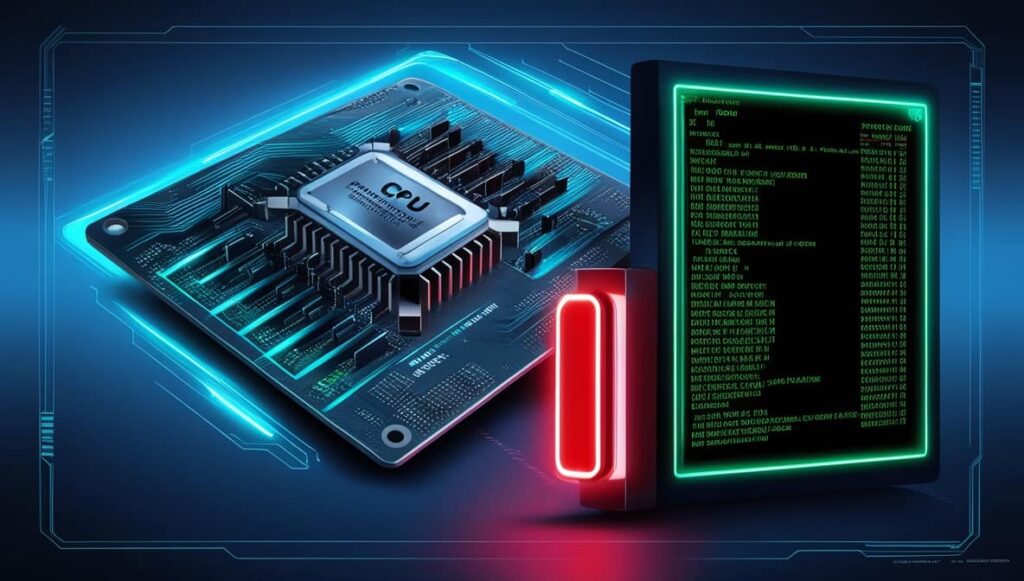
The Role of Machine Check Exceptions (MCE):
MCEs are the signals that inform the operating system about a detected hardware error. When an MCE occurs, the system logs the error, providing essential details that administrators can use for diagnosis.
The Error-Handling Process in a CPU:
Once an error is detected, the CPU attempts to classify it as either correctable or uncorrectable. Depending on the classification, the CPU either resolves the issue automatically or logs the error for further analysis.
What is the structure of an MCA error dump?
Understanding the structure of an error dump is key to diagnosing hardware problems effectively. An MCA error dump typically includes several important components.
Key Components of an Error Dump:
- Error Code: A unique code that identifies the type of error detected.
- Address: The memory or CPU address where the error occurred.
- Severity Level: Indicates whether the error is correctable or uncorrectable.
- Timestamp: The exact time the error was detected.
Registers Involved in Error Reporting:
Several CPU registers are responsible for storing error information. These include the MCi_STATUS register, which contains details about the error type, and the MCi_ADDR register, which stores the address where the error occurred.
Reading and Interpreting MCA Error Dumps:
Decoding an MCA error dump can seem complex at first, but with the right tools and knowledge, it becomes much easier.
How to Decode MCA Error Logs:
MCA error logs use hexadecimal codes to represent different types of errors. To decode these logs, you need to cross-reference the error codes with a database or manual provided by the CPU manufacturer.
Tools for Interpreting Error Dumps:
Several tools are available to help interpret MCA error dumps. These include built-in OS utilities like mcelog on Linux or third-party tools that provide more detailed analysis.
Common Causes of MCA Errors:
While MCA can detect a wide range of errors, some issues occur more frequently than others.
- Hardware Malfunctions: The most common cause of MCA errors is hardware malfunction, such as failing memory modules or faulty CPU components.
- Overheating Issues: Overheating can cause various hardware errors. If the CPU temperature exceeds safe operating limits, MCA may log multiple error events related to thermal issues.
- Software Conflicts: Although MCA primarily deals with hardware, software conflicts—especially those involving drivers or firmware—can also trigger errors.
How to Troubleshoot MCA Errors:
When you encounter an MCA error dump, it’s essential to follow a systematic approach to troubleshooting.
Identifying the Source of the Problem: Start by analyzing the error code and address to determine which component is failing. This can often point you directly to a specific piece of hardware, such as a memory module or CPU core.
Steps to Resolve Hardware-Related Issues: If the error is related to a specific hardware component, you may need to replace or repair the faulty part. Updating firmware or drivers can also help resolve some types of MCA errors.
How do you enable and configure MCA error logging?
Enabling MCA logging varies depending on the operating system and hardware configuration. On Linux systems, MCA logging can be enabled by configuring the mcelog service, which captures and logs hardware errors in real-time. This daemon needs to be properly set up to ensure that all relevant errors are recorded.
On Windows, MCA logging is often enabled by default, but it can be managed and reviewed through the Event Viewer, where MCA logs can be found under system events. Configuring these settings appropriately ensures that hardware errors are accurately detected and logged across different operating systems.
What are the best practices for managing MCA error dumps?
Regular monitoring and analysis of MCA error dumps are crucial for identifying potential hardware issues before they escalate into more significant problems. By consistently reviewing these error logs, you can detect and address issues early.
Automated monitoring tools can further enhance this process by alerting you to new errors as they occur, allowing for timely intervention. Additionally, implementing preventative measures, such as keeping your hardware updated, ensuring proper cooling, and regularly checking for firmware updates, can help minimize the occurrence of MCA errors and maintain system stability.
What is the role of BIOS and firmware in MCA?
The BIOS plays a crucial role in enabling Machine Check Architecture (MCA) features, as it controls how hardware errors are reported to the operating system. Updating the BIOS can sometimes resolve issues related to hardware reporting, ensuring that errors are accurately detected and logged.
Furthermore, firmware updates from manufacturers often enhance MCA error reporting capabilities by improving error detection and reporting mechanisms. Staying current with these firmware updates is essential for maintaining accurate error detection and ensuring that your system effectively handles and logs hardware errors.
Read more: https://techegos.com/no-or-unknown-cpufreq-driver-is-active-on-this-cpu/
How does MCA interact with virtualized environments?
In virtualized environments, MCA errors may be passed through to the hypervisor. Understanding how MCA interacts with these environments is key to diagnosing errors in virtual machines.
Some problems are usually found it :
Help Deciphering MCA Error Report:
When you see an MCA error report, it can be difficult to make sense of all the technical jargon. The report typically contains hexadecimal codes and technical terms, making it hard for non-experts to understand.
Key terms to look for include:
- CPUID: Identifies the processor type.
- Error Code: Indicates the nature of the problem (e.g., memory, cache, or internal CPU failure).
- CATERR: Short for “Correctable Error,” which suggests a recoverable error has been detected.
If you’re struggling to decipher your error report, consider sharing it on a tech forum or with Apple Support for a more detailed analysis.
Mac Keeps Shutting Down: Is It Related to CPU MCA Errors?
Frequent shutdowns could indeed be a symptom of a CPU MCA error. These sudden shutdowns typically indicate that the CPU has encountered an issue it cannot resolve, forcing the system to power down as a precautionary measure.

Solutions:
- Monitor CPU Temperatures: Use third-party apps like iStat Menus to track CPU temperatures. Overheating could indicate a hardware issue.
- Upgrade Hardware: If your Mac is old, the hardware may be failing. Consider upgrading RAM or replacing aging components.
- Run Disk Utility: Corrupt file systems can also cause shutdowns. Check for errors and repair the disk using Disk Utility if needed.
Why does my Mac reboot with a “CPU Machine Check Architecture Error Dump”?
If your Mac reboots and you see an error message like “CPU Machine Check Architecture Error Dump,” this points to serious hardware or software malfunctions.
Potential Causes:
- CPU Overheating: Continuous intensive tasks may overheat the CPU, triggering an MCA error and causing a reboot.
- Power Supply Failures: Inconsistent power from the supply can cause system instability.
- Driver Incompatibilities: Outdated or incompatible drivers can trigger an MCA dump.
Spontaneous Restarts and Freezing: What to Know
Spontaneous restarts and system freezes are common symptoms when dealing with MCA error dumps. When the CPU encounters an unresolvable error, it may reboot the system or freeze entirely.
Possible Fixes:
- Uninstall Recent Software: Sometimes new applications can create conflicts, so try uninstalling recently installed apps.
- Perform an SMC Reset: The System Management Controller regulates power flow to critical hardware. Resetting it may resolve recurring issues.
- Check for Malware: Malware can sometimes cause system instability, so run a comprehensive scan.
CATERR Detected! No MCA Data Found – 100% Reproducible Error:
The error message “CATERR detected! No MCA data found” often appears when the CPU experiences a severe hardware issue, but cannot fully report the problem. It is a signal that something significant is wrong, but detailed data is missing from the MCA dump.
Solutions:
- Contact Apple Support: If this error is reproducible (happens frequently under the same conditions), the problem may be a hardware defect.
- Replace Faulty Components: Consider replacing the CPU, RAM, or other critical hardware components to resolve the issue.
- Restore macOS: In some cases, reinstalling macOS can clear any corrupted files or system settings contributing to the issue.
820-00840 CPU MCA Error: A Common Problem:
The error code “820-00840” is another MCA error frequently reported in forums, especially on MacBook Pro models. This error points to a CPU-related fault, often requiring extensive diagnostics to identify the exact cause.
What to Do:
- Run Diagnostics: Use Apple’s built-in diagnostics tools to identify if the error stems from faulty hardware.
- Replace Hardware: If the error persists, consider replacing the CPU or the logic board.
SMC Reset: The Quick Fix for CPU Errors:
If you’re dealing with recurring CPU errors on your Mac, resetting the System Management Controller (SMC) can sometimes resolve them. The SMC manages many critical functions, including thermal management and power distribution. Resetting it can help fix CPU-related problems.
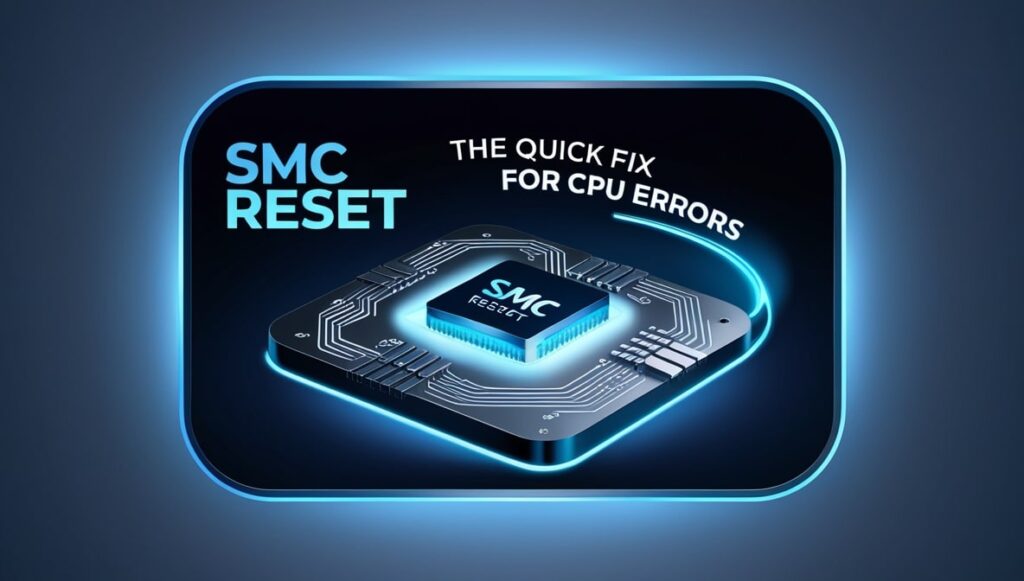
How to Reset SMC on a Mac:
- For MacBooks with non-removable batteries, power down your MacBook. Press Shift + Control + Option + Power simultaneously for 10 seconds, then release. Turn your Mac back on.
- For Mac desktops: Shut down your Mac, unplug the power cord, wait 15 seconds, then plug it back in and restart.
The Future of MCA in Computing:
As hardware becomes more advanced, so too will error detection methods like MCA. Expect to see more sophisticated error reporting mechanisms in future CPU generations.
Read more: https://techegos.com/what-does-unlocked-cpu-mean/
FAQs:
1. What is a CATERR?
CATERR stands for “Correctable Error” and refers to errors the system can potentially recover from without crashing. However, persistent CATERR errors may indicate underlying hardware issues.
2. Can MCA errors damage my Mac?
Yes, Repeated MCA errors may indicate failing hardware, which, if left unchecked, can lead to further system damage.
3. How do I read an MCA error dump?
Deciphering an MCA error dump can be difficult, as it’s filled with technical data. Look for key terms like “CPUID” and “Error Code,” or share the report with a professional.
4. Should I replace my CPU if I see frequent MCA errors?
If diagnostics point to a faulty CPU, and all other solutions have failed, you may need to replace the CPU or logic board. Always confirm with a technician first.
5. MCA Error Report: CPU Machine Check Architecture Error Dump (CPU: UNKNOWN, CPUID 0xA0655)
This specific error message indicates a general failure within the CPU, where the CPU ID could not be recognized. It typically points to a severe hardware fault.
Conclusion:
In conclusion, the CPU Machine Check Architecture (MCA) is a critical tool for detecting and diagnosing hardware errors. By understanding how to read and interpret MCA error dumps, system administrators can effectively troubleshoot and resolve hardware-related issues, ensuring the health and stability of their systems.



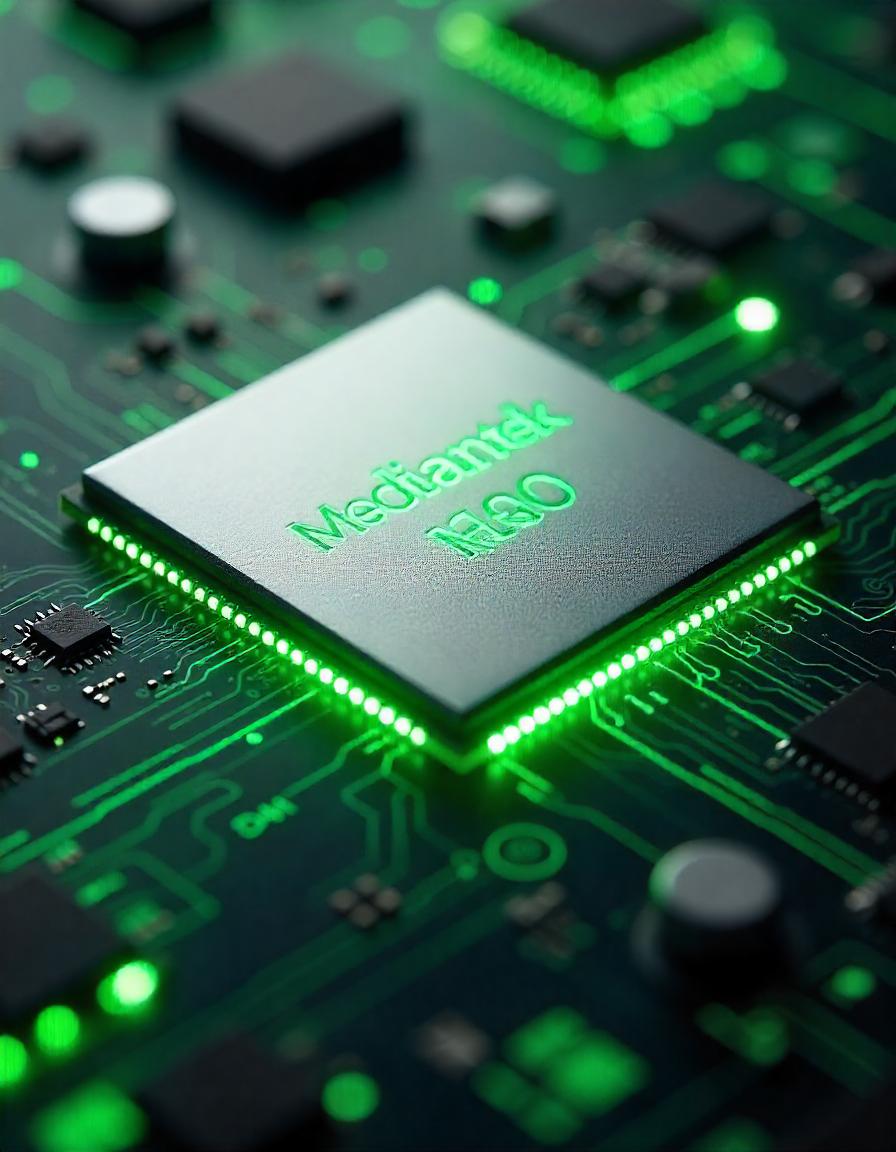
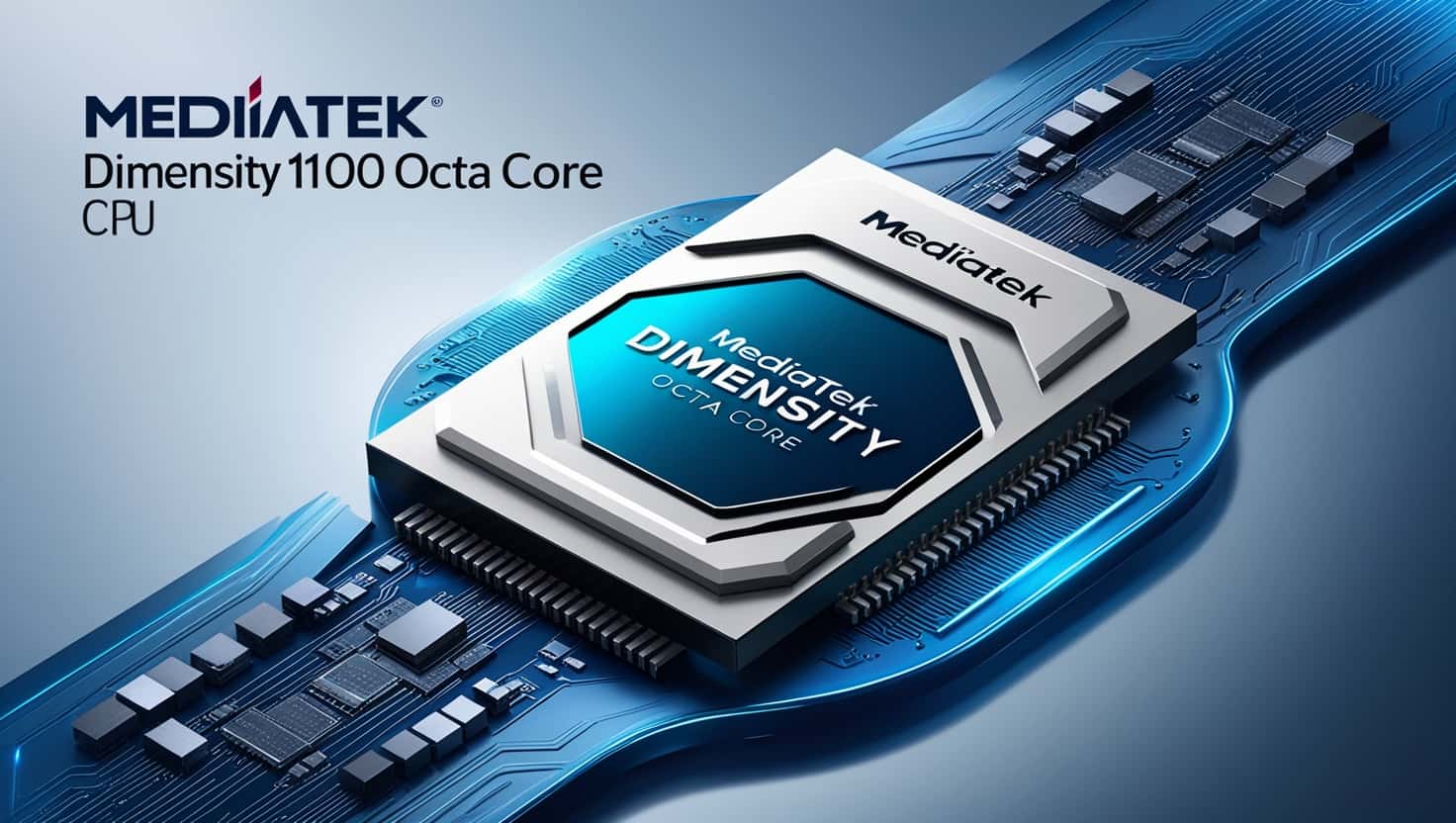
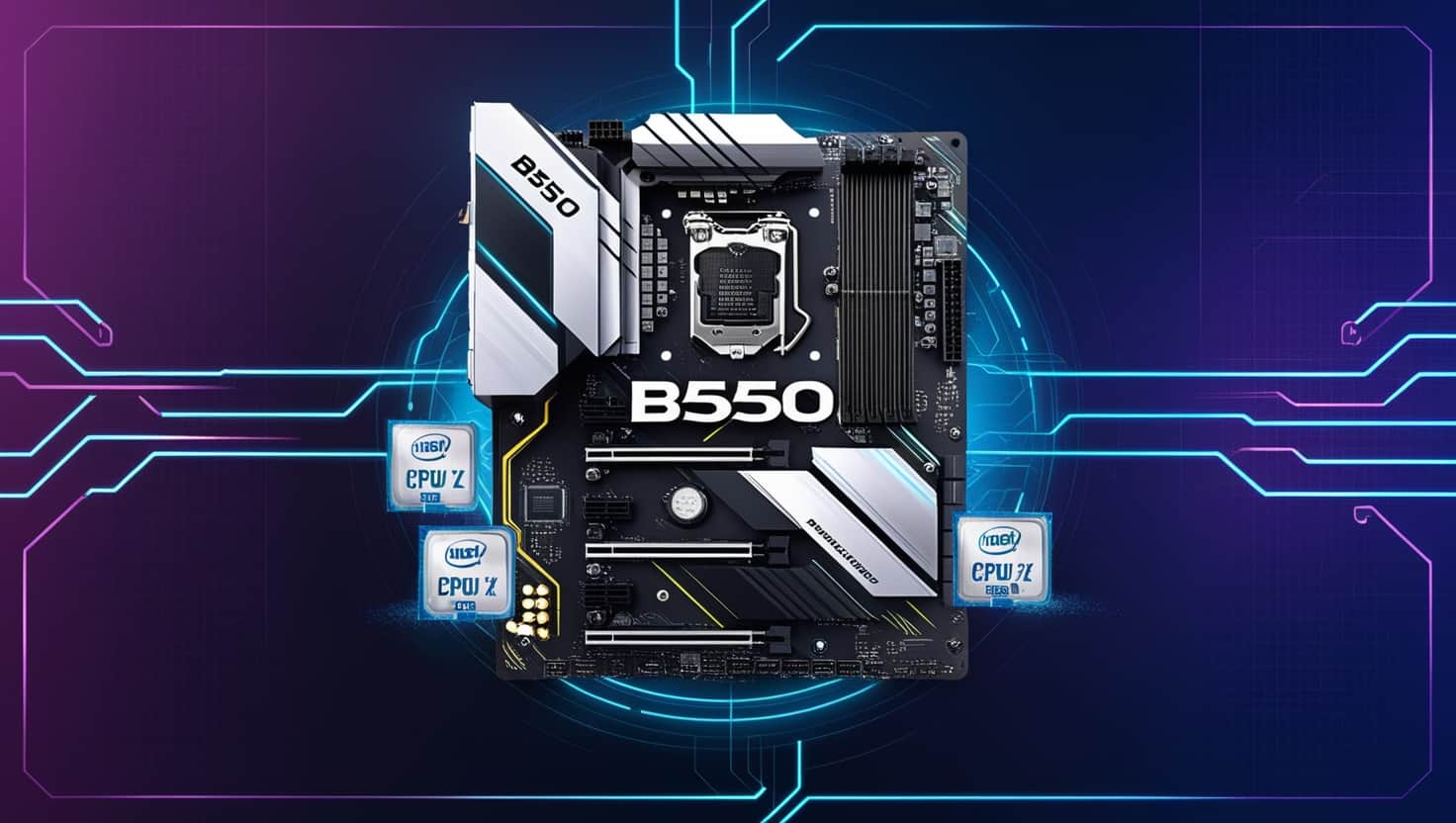
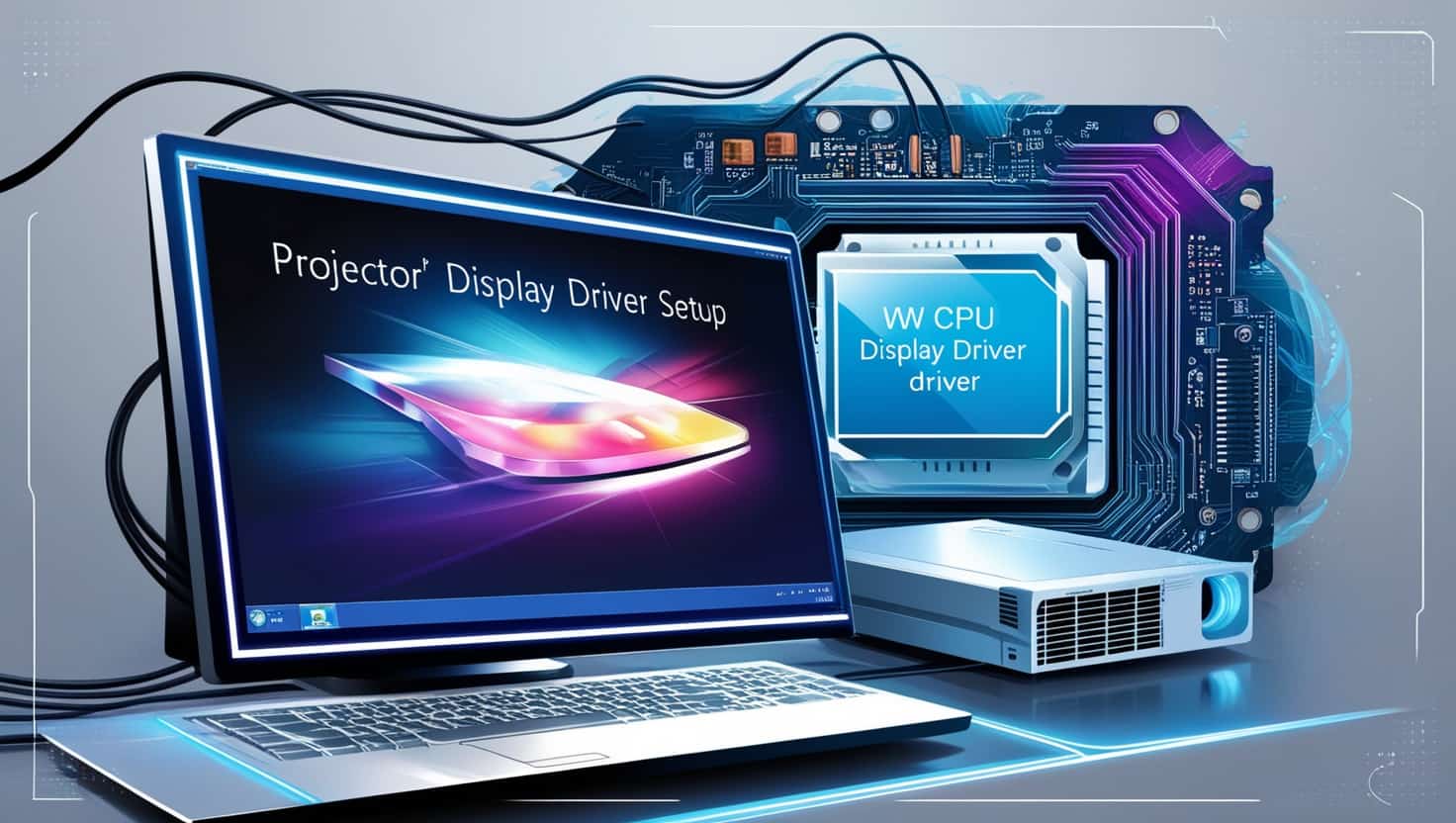

Leave a Reply